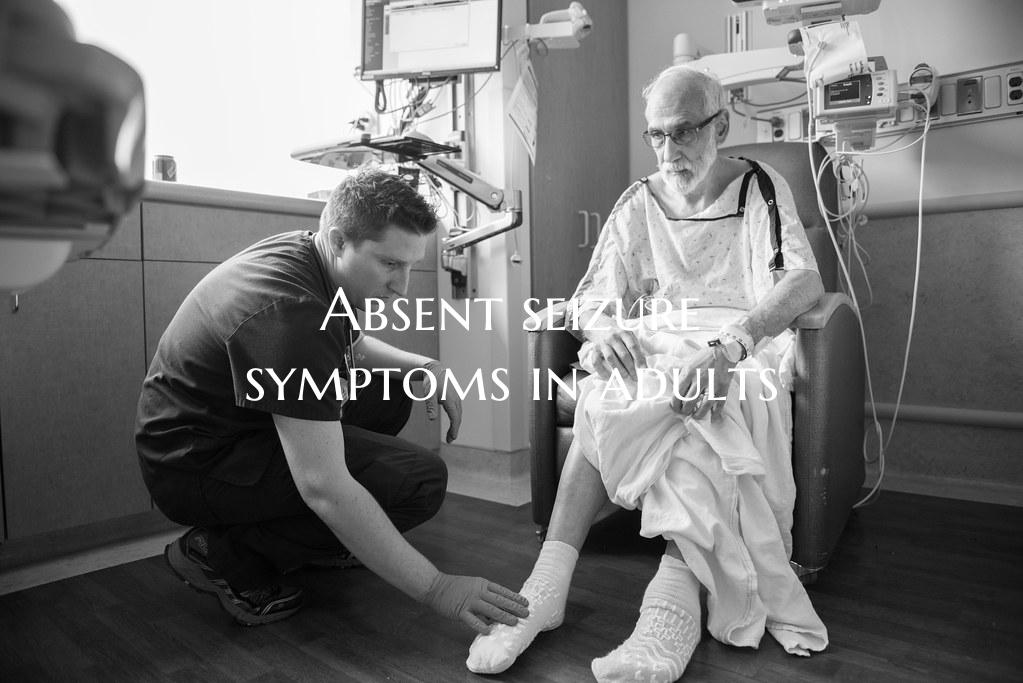
Absent seizure symptoms in adults
Absent seizures, also known as petit mal seizures, are a type of generalized seizure that typically occurs in children. However, adults can also experience absent seizures, which are characterized by a brief loss of awareness or staring episodes that last for a few seconds. While these seizures may not be as dramatic as other seizure types, they can still impact daily life and should not be ignored.
Symptoms of absent seizures in adults may include:
1. Brief episodes of staring or blank expression 2. Sudden stop in movement or speech 3. Unresponsiveness to external stimuli 4. Lip smacking or automatic movements 5. Confusion or disorientation after the episode 6. Memory lapses during the seizure or shortly after
It is essential to recognize these symptoms and seek medical evaluation if you suspect you or someone you know is experiencing absent seizures. A healthcare provider can perform various tests, such as an electroencephalogram (EEG), to diagnose and assess the frequency and severity of the seizures.
Treatment for absent seizures in adults may involve antiepileptic medications to help control the seizures and reduce their frequency. Additionally, lifestyle modifications, such as getting enough sleep, managing stress, and avoiding triggers, can also be beneficial in managing seizures.
Living with absent seizures can be challenging, but with proper diagnosis, treatment, and support, many individuals can lead fulfilling lives. It is essential to work closely with healthcare providers to develop a personalized seizure management plan and seek assistance from support groups or mental health professionals if needed.
If you or someone you know is experiencing symptoms of absent seizures, do not hesitate to reach out to a healthcare provider for a proper evaluation and guidance on managing this condition effectively. Early intervention and appropriate treatment can make a significant difference in improving quality of life for individuals living with absent seizures in adulthood.